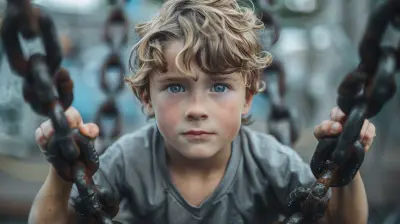The Benefits of Outdoor Play for Toddlers
8 June 2025
As parents, we all want the best for our little ones. We invest time, energy, and effort into ensuring they have the best nutrition, education, and environment to grow up happy and healthy. But in today's digital age, where screens often take center stage, one crucial element of childhood is being overlooked—outdoor play.
Let’s dive into why outdoor play is not just fun for toddlers but also essential for their development.
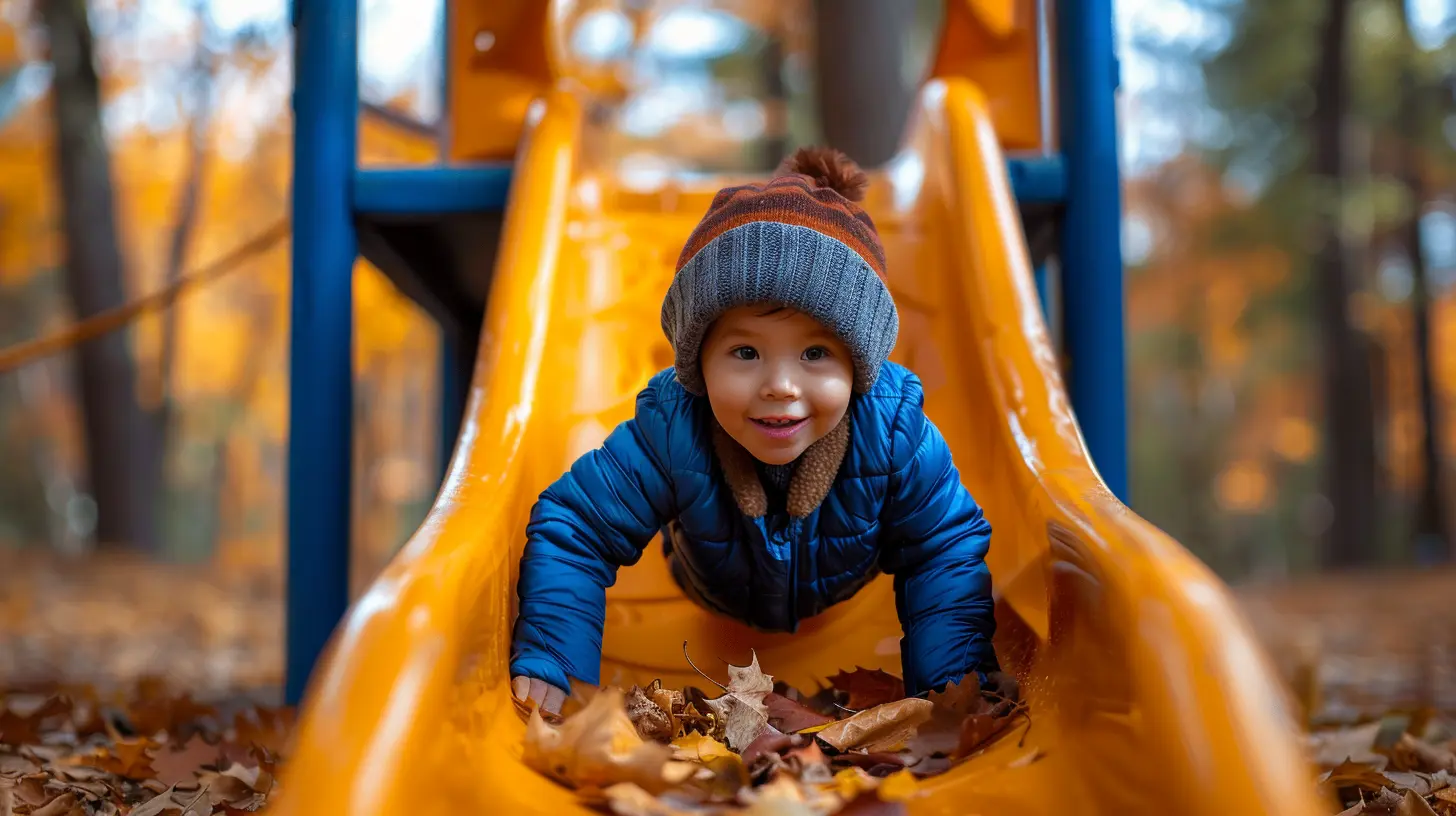
Why Outdoor Play Matters for Toddlers
Do you remember your childhood days spent running around the neighborhood, climbing trees, and playing tag until the sun went down? Those moments weren’t just about fun—they were shaping you in ways you didn’t even realize.For toddlers, outdoor play is more than just a way to burn off energy. It plays a vital role in their physical, cognitive, social, and emotional development. From strengthening their muscles to boosting their creativity and social skills, spending time outside can do wonders for their overall well-being.
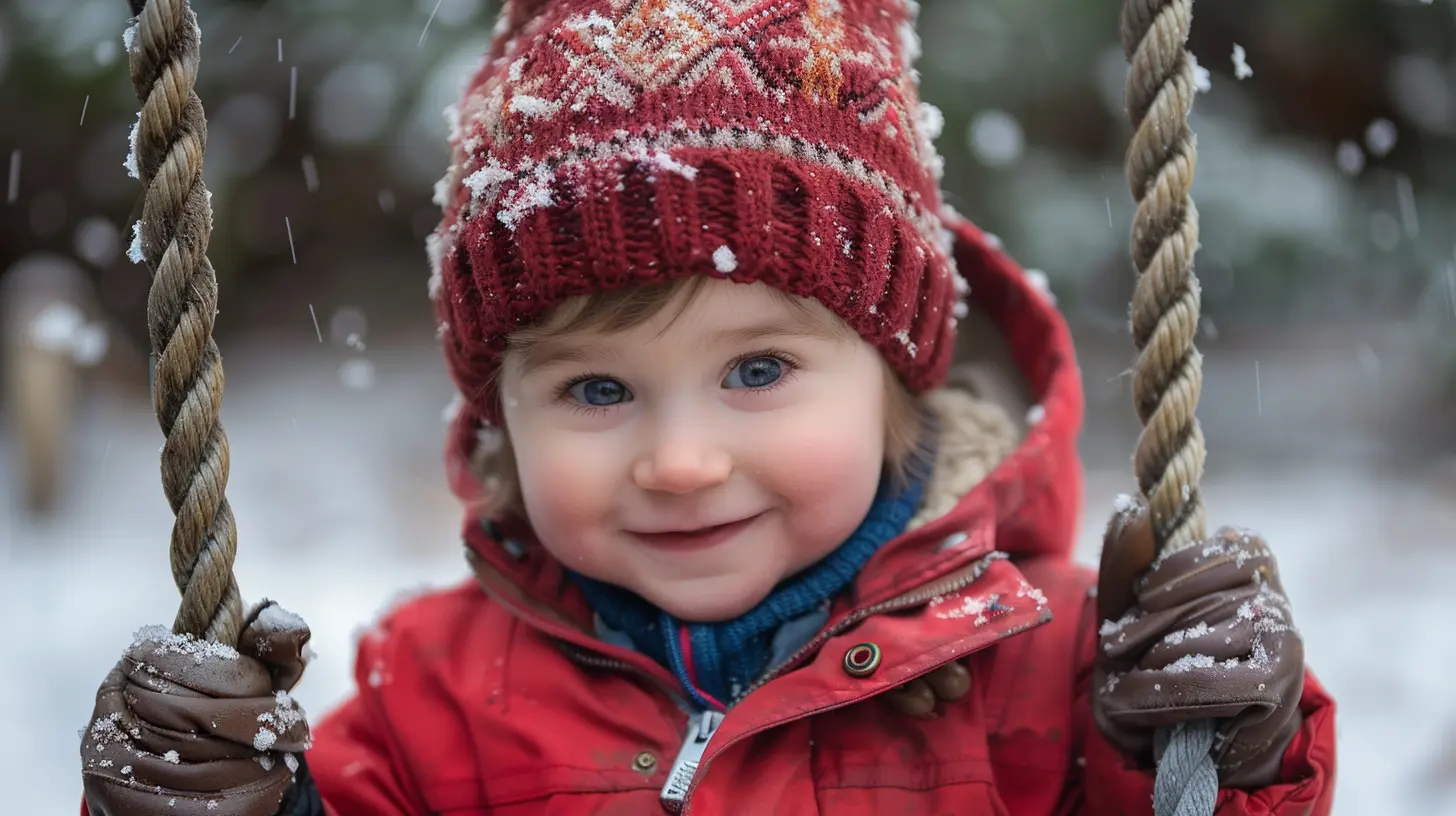
Physical Benefits of Outdoor Play
1. Improves Motor Skills
Toddlers are constantly learning how to use their little bodies. Running, jumping, climbing, and balancing help develop both fine and gross motor skills. The more they move, the stronger their muscles and coordination become.Think about it—when a toddler climbs a small rock or runs across uneven grass, they learn how to adjust their movements, enhancing their balance and reflexes. It’s nature’s way of teaching them agility and control.
2. Strengthens Bones and Muscles
Outdoor activities like jumping, swinging, and skipping aren’t just fun—they help strengthen bones and muscles. Exposure to natural sunlight also provides vitamin D, which is essential for healthy bone development. A few hours of play in the sunshine can significantly contribute to stronger bones and a healthier immune system.3. Reduces the Risk of Obesity
With obesity rates on the rise, ensuring kids stay active is more important than ever. Outdoor play encourages exercise in a way that doesn’t feel forced—running after a butterfly, kicking a ball, or playing hide-and-seek all contribute to a toddler’s daily physical activity. Unlike structured exercise, these activities are spontaneous and enjoyable.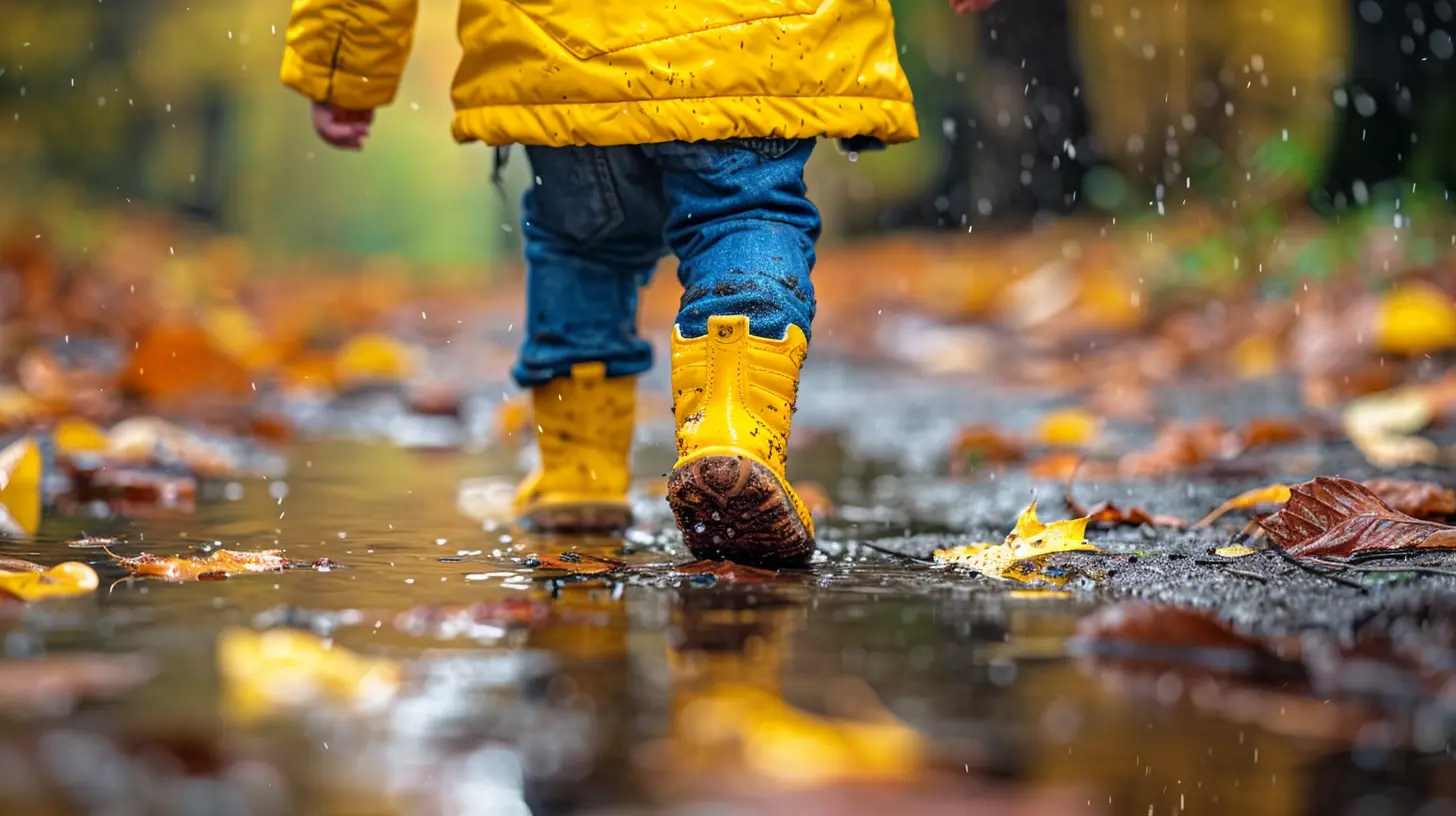
Cognitive Benefits of Outdoor Play
4. Boosts Creativity and Imagination
The great outdoors is a blank canvas for a toddler’s imagination. A simple stick turns into a magic wand, a pile of leaves becomes a treasure chest, and a puddle is the ocean. Unlike structured indoor play, outdoor environments encourage open-ended play, fostering creativity and problem-solving skills.5. Enhances Sensory Development
Outdoor play stimulates all five senses in ways that indoor play simply can’t. The feeling of grass under their feet, the scent of flowers, the sound of birds chirping—these experiences help toddlers better understand their environment. Plus, playing with sand, mud, or water provides rich sensory experiences, essential for brain development.6. Encourages Problem-Solving and Critical Thinking
When toddlers encounter obstacles like stepping over a fallen log or figuring out how to get their ball from a bush, they engage in problem-solving. Outdoor environments offer unpredictable situations that challenge young minds to think critically and find solutions independently.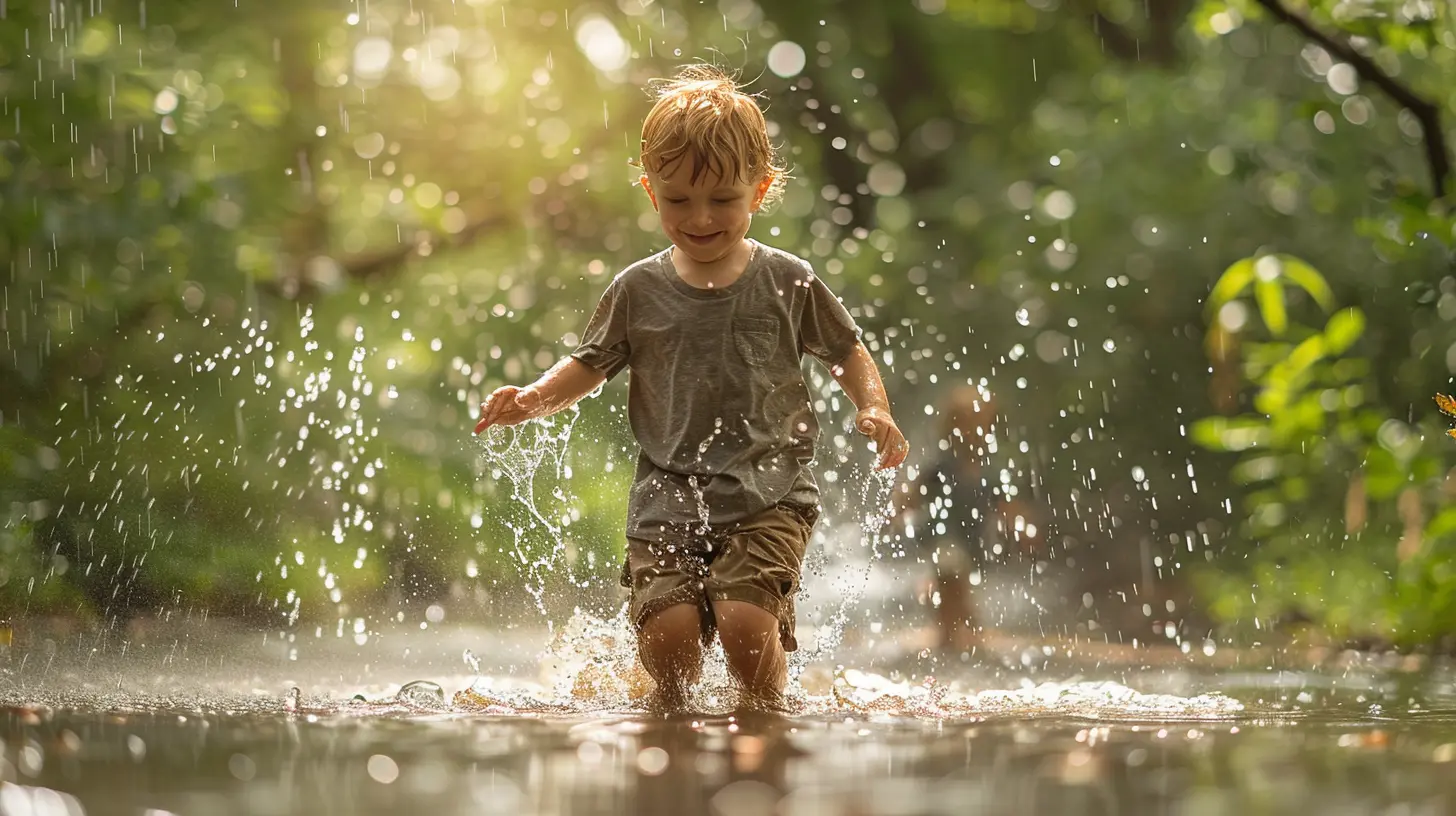
Social and Emotional Benefits of Outdoor Play
7. Encourages Social Interaction
Playgrounds and parks are natural social hubs for toddlers. Whether they are playing tag with a friend, taking turns on the slide, or simply observing others, they’re learning vital social skills. Outdoor play helps with sharing, cooperation, and teamwork—skills that are crucial throughout life.8. Helps Manage Stress and Anxiety
Yes, even toddlers experience stress! Being outside in natural surroundings significantly reduces stress and anxiety levels, promoting a calm and happy mood. Studies have shown that interacting with nature releases endorphins, making kids feel more relaxed and content.9. Builds Confidence and Independence
Climbing a tree, balancing on a log, or even just figuring out how to crawl through a tunnel—these are small victories that boost a toddler’s self-esteem. Every time they achieve something on their own, they build confidence and independence.Encouraging your little one to engage in unstructured outdoor play allows them to take risks, solve problems, and feel a sense of accomplishment.
How to Encourage More Outdoor Play
Now that we know the incredible benefits, how can we encourage toddlers to step outside more often?1. Provide Safe and Engaging Play Spaces
Ensure your backyard or local park has a safe environment for free play. Set up a small sandbox, provide some outdoor toys, or even just let them explore the natural surroundings.2. Make It a Daily Routine
Try to incorporate outdoor time into your toddler’s daily schedule—even if it’s just a short walk around the block or a quick trip to the park. The more it becomes a habit, the more they’ll look forward to it.3. Join in the Fun!
Sometimes, toddlers just need a little encouragement. Lead by example—kick a ball, play hide-and-seek, or take them on a mini adventure in the backyard. Your enthusiasm will make them eager to participate.4. Dress for the Weather
Don’t let a little rain or cold stop outdoor adventures. Dress them appropriately—boots for puddle jumping, hats for sunny days, and coats for chilly mornings. Playing in various weather conditions can teach resilience and adaptability.5. Limit Screen Time
It’s tempting to keep toddlers entertained with screens, but setting clear limits on screen time encourages them to seek other activities—like running outside to play!
Final Thoughts
Outdoor play isn’t just about getting toddlers to expend energy—it’s about helping them grow, learn, and thrive. From stronger muscles and bones to improved creativity, problem-solving, and emotional well-being, the advantages are undeniable.
So, the next time you’re tempted to stay indoors, take a step outside instead. Let your toddler chase butterflies, stomp in puddles, and build sandcastles. Because in those little moments of exploration and adventure, they are setting the foundation for a healthier, happier future.
all images in this post were generated using AI tools
Category:
Parenting ToddlersAuthor:

Zelda Gill
Discussion
rate this article
2 comments
Fable Hill
Outdoor play is crucial for toddlers, promoting physical health, cognitive development, social skills, and emotional well-being, while fostering creativity and a connection to nature.
June 12, 2025 at 2:43 PM

Zelda Gill
Absolutely! Outdoor play is essential for holistic toddler development, enhancing health, creativity, and social skills while connecting them to nature.
Sylvia Rosales
This article beautifully highlights the essential role of outdoor play in toddler development. I've noticed that my child’s creativity, physical skills, and social interactions flourish in nature. It's a reminder for me to prioritize these outdoor experiences, allowing my little one to thrive.
June 9, 2025 at 3:31 AM

Zelda Gill
Thank you for your insightful comment! I'm glad to hear that outdoor play is positively impacting your child's development. Prioritizing these experiences is key to nurturing their growth!
